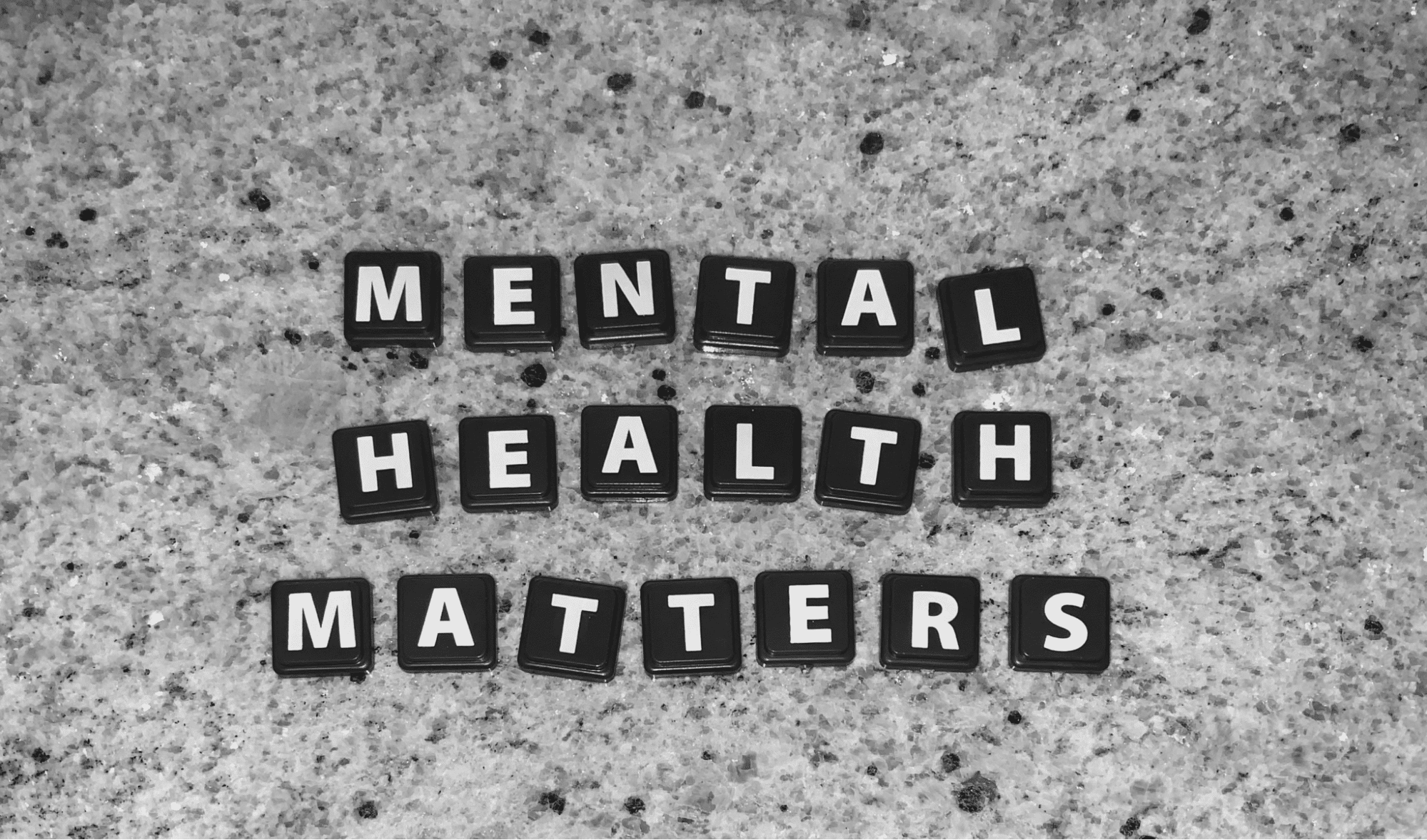By: Olivia Larson
Cultivating gratitude is a scientifically-backed way to improve mental well-being. With increasing interest in mental health, especially in the digital age, learning to be grateful can offer a sustainable path to emotional balance. Entrepreneur and mental health advocate, Roger Farahmand, explores the importance of gratitude and how you can integrate it into your daily routine.
Understanding Gratitude
Gratitude is a deep sense of appreciation for the positive aspects of life. From small acts of kindness to significant life events, gratitude acknowledges the good in our lives. There are various ways to view gratitude. Philosophical perspectives see gratitude as a moral virtue, an attitude toward recognizing the good intentions of others. Psychological perspectives view it as an emotional state or a personality trait.
People who regularly experience gratitude tend to display high levels of positive emotions and satisfaction with life. Gratitude is a powerful psychological tool that can enhance mental health in many ways. When you practice gratitude, you start to notice positive changes in your mood and overall well-being. Feeling grateful can reduce your stress levels. Think of gratitude as a mental reset button. When you focus on what you’re thankful for, you shift your attention away from the things that cause stress. This shift helps calm your mind and reduce stress hormones.
Gratitude helps in managing anxiety. It grounds you. By focusing on the present and acknowledging the good things in your life, you can break the cycle of worrying about the future. It’s like an anchor that keeps you steady in turbulent waters. Practicing gratitude regularly has been shown to decrease symptoms of depression.
When you’re grateful, you’re cultivating a positive outlook on life. This positive mindset can counteract the negative thinking patterns often associated with depression. Gratitude fosters stronger social connections. When you express gratitude to others, it strengthens your relationships.
“Incorporating gratitude into your daily routine doesn’t have to be complicated,” says Roger Farahmand. “Simple acts like keeping a gratitude journal, thanking someone, or reflecting on positive experiences can make a profound difference.”
Practical Techniques to Cultivate Gratitude
Feeling grateful can transform your mental well-being. Gratitude journaling is an effective way to train your mind to focus on the positive aspects of life. The practice involves regularly recording things you’re thankful for. You can do this daily, weekly, or whenever you feel the need to reconnect with your blessings.
To get started, write down at least three things you’re grateful for. These can be small, everyday occurrences like a warm cup of coffee in the morning or significant events like a promotion at work.
Mindfulness and meditation practices can also enhance feelings of gratitude. Mindfulness involves being fully present in the moment and appreciating life as it happens. It’s about noticing the small details we often overlook. Incorporating mindfulness into your routine can be as simple as taking a few minutes each day to sit quietly and reflect on your surroundings.
Notice the colors, sounds, and smells around you. Appreciate the warmth of the sun on your skin or the sound of birds chirping. Meditation takes mindfulness a step further. You can try guided gratitude meditations, which usually start with focusing on your breath and then guiding you to think about what you’re thankful for.
Dealing with Negativity Bias
Negativity bias is the brain’s tendency to focus more on negative experiences than positive ones. This bias has evolutionary roots, helping our ancestors stay alert to dangers. In modern life, it can overshadow our positive experiences and make it hard to feel grateful.
So, how can you counteract this natural tendency and foster gratitude? The first step is understanding that negativity bias is a natural human tendency. By simply acknowledging this, you can start to shift your mindset. When faced with a negative situation, try to find a silver lining.
Ask yourself, “What can I learn from this?” or “Is there something positive hidden in this experience?” This reframing can help you see the good even in tough times. Daily affirmations can help retrain your brain. Statements like “I am grateful for my health” or “I appreciate the support of my friends” can reinforce positive thinking.
Reduce exposure to negativity by limiting news consumption or avoiding negative people. Surround yourself with positive influences that uplift and inspire you. As mentioned earlier, writing down things you’re grateful for can be a powerful tool. By making this a daily practice, you train your mind to focus on positive experiences.

Long-term Impact of Gratitude on Mental Well-being
The long-term effects of a gratitude practice on mental well-being can be profound, manifesting in sustained emotional resilience and enhanced social connections.
Notes Roger Farahmand, “When you make gratitude a habit, you train your brain to focus on positive aspects, even in tough situations.”
Gratitude also helps you to reframe negative experiences. Instead of dwelling on what’s going wrong, you learn to see what’s still good or what you can be thankful for. This shift in perspective can significantly reduce the emotional toll of stressful events, making it easier to recover and move on.
Regular gratitude practices strengthen your mental resilience, helping you face challenges with a more positive outlook. With a focus on the good, coping with stress and adversity becomes more manageable. Eventually, a habit of gratitude can lead to a more consistently positive and happy life experience.
Improved Relationships and Social Connections
Gratitude doesn’t just benefit you but also positively impacts your relationships. When you express gratitude, it fosters a sense of connection and appreciation, strengthening bonds with others over time.
“When people feel acknowledged and appreciated, they are more likely to contribute positively to the group,” says Farahmand.
Gratitude encourages prosocial behavior. As you focus on the good others bring into your life, you’re more likely to reciprocate with acts of kindness, creating a cycle of positive interactions. This mutual appreciation can transform ordinary connections into stronger, more meaningful relationships.
Regularly expressing gratitude strengthens friendships and family ties. A grateful attitude in the workplace fosters a collaborative and supportive environment. Feeling grateful and expressing it builds a network of support that you can rely on in times of need.
By integrating gratitude into your daily routine, you not only improve your own mental well-being but also enrich your relationships with others. This dual benefit makes gratitude a powerful practice for long-term mental health and social harmony.
Embracing gratitude can reshape your mental landscape. It’s not just a fleeting emotion but a lasting habit that can steer you toward a healthier mind and richer relationships. By starting your gratitude practice today, you take the first step in a transformative journey.
Imagine a future where gratitude is a common practice. People’s lives become brighter, their stress levels drop, and social bonds strengthen. In such a world, collective well-being rises, and kindness becomes a cornerstone of our interactions. Start your gratitude journey today. Observe the positive shift in your mental health and see how it influences those around you. Your path to enhanced well-being begins with a simple “thank you.”
Published by: Khy Talara













